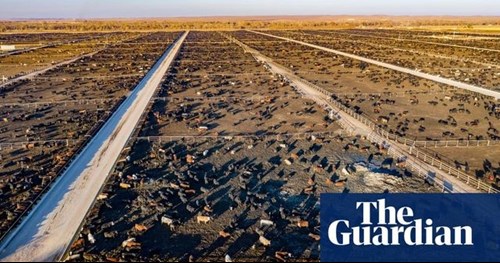The Future of the Meat Industry Is Not a Black and White Issue
Animal agriculture directly currently accounts for approximately 5% of global carbon emissions, according to the United Nations. Other estimates put the contribution of the sector north of the 14% attributed to the transport sector. There is no doubt that accelerating calls for action on climate change and accelerating transparency with ethical issues linked to intensive farming are leading to significantly increased pressure on the meat farming and processing sectors to respond. This dynamic has sparked the growth of a number of alternative protein companies, some with significant stated ambitions to completely replace animal agriculture and end those legacy industries entirely.
However, when viewed from a broader sustainability angle, the issues around the future of the meat farming and processing industries are complex, and indeed the solutions may be complex too. These industries employ many people who rely on their jobs to feed their families, and at least currently the industries also often provide cheap sources of meat protein to large segments of both western and emerging market populations.
The key question is how to square the needs of the climate and of future generations with the reality of an established base of legacy assets with far reaching impact across the globe?
One person's very humble perspective:
1. If you are a consumer, eat less meat (this includes beef, chicken, pork in particular), and when you eat it, if you can, be more discerning in how you source it. You don't need to phase it out entirely, but 50-60-70% less, if replaced by sources of complete plant protein in particular, is unlikely to harm the average consumer and indeed may deliver a health benefit. For those not able to afford "organic" or "grass fed" version of favourites, simple combinations of beans + rice or chickpeas + rice are both affordable, complete protein meals very high in nutritional value (including as good sources of iron). Additionally, the sustainability footprint of such choices may be superior to that of some of the alternative processed proteins on the market today.
2. If you are a meat and dairy farmer, embrace the future as much as you can - both on the technology front (precision agriculture), and on the sustainability front (regenerative farming, re-wilding, etc.) - lobby the government to support you in your transition through incentives.
3. If you are a meat company, accept that change is needed, do not be defensive about it, and accept that your business of the future may be smaller but could well be more profitable. Instead, chart a part that suits your position, while drawing on all the tools available: partnerships with more regeneratively-minded farmers, usage of technology like blockchain to bring more transparency to supply chains, investments in diversification strategies into areas like alternative proteins or cultured meat. Put a timeline on your path, and optimise two equations in the transition period - financial return and alignment with the requirements of the Paris agreement. Trade-offs will be required, but rather be in control than let regulation hurt you later on.
4. If you are the government or regulator, nudge the private sector towards the right behaviours - educate consumers on the 21st century definition of a balanced, climate-friendly and healthful diet, encourage and reward farmers for good practices, scrutinise processors and companies with regards to their climate pledges.
Is it naive to think that we could have a different kind of "meat" industry that can indeed be a partner to other stakeholders in bringing the world closer to alignment with the commitments of the Paris Agreement?
Link: https://www.theguardian.com/environment/2021/jan/08/lets-get-rid-of-friggin-cows-why-one-food-ceo-says-its-game-over-for-meat-aoe
